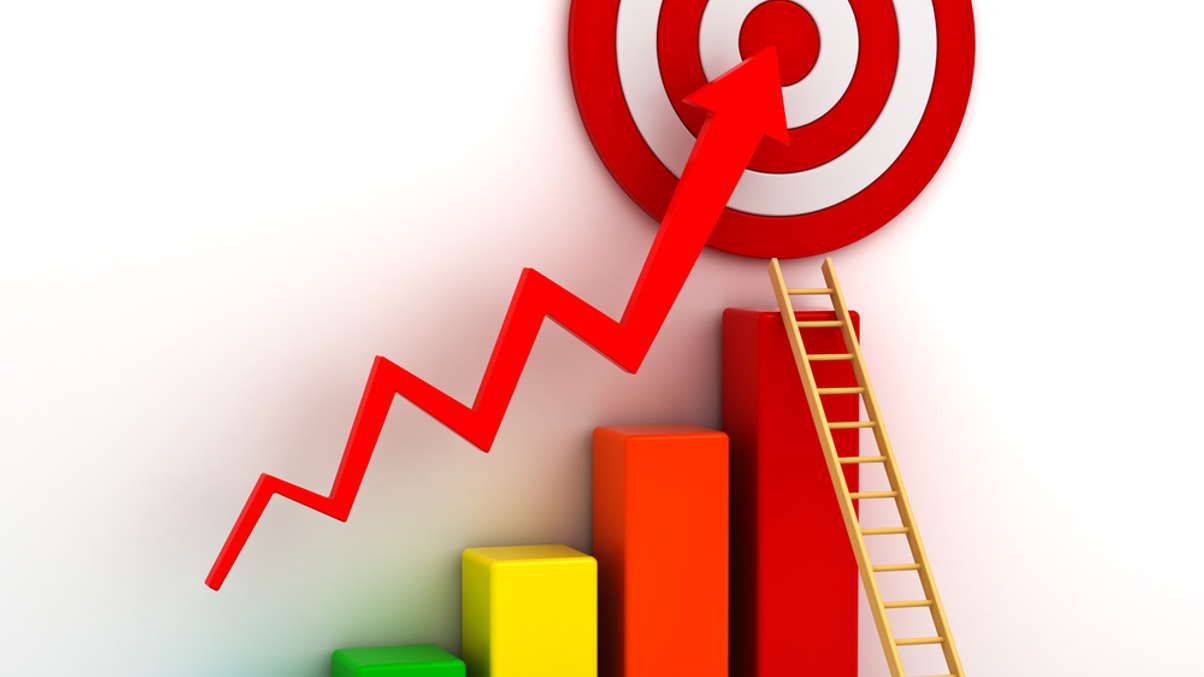KIC targets 25% alternatives allocation by 2027
The CIO of the sovereign wealth fund outlined his investment strategy for alternative assets, and how he plans to leverage technology at a webinar hosted by AsianInvestor.

Korea Investment Corporation (KIC) plans to increase its allocation to alternatives in the coming six years to at least 25% of its portfolio to reap the benefits of an illiquidity premium and the asset class’ low correlation with traditional instruments, said chief investment officer David Park.
Sign in to read on!
Registered users get 2 free articles in 30 days.
Subscribers have full unlimited access to AsianInvestor
Not signed up? New users get 2 free articles per month, plus a 7-day unlimited free trial.
¬ Haymarket Media Limited. All rights reserved.


